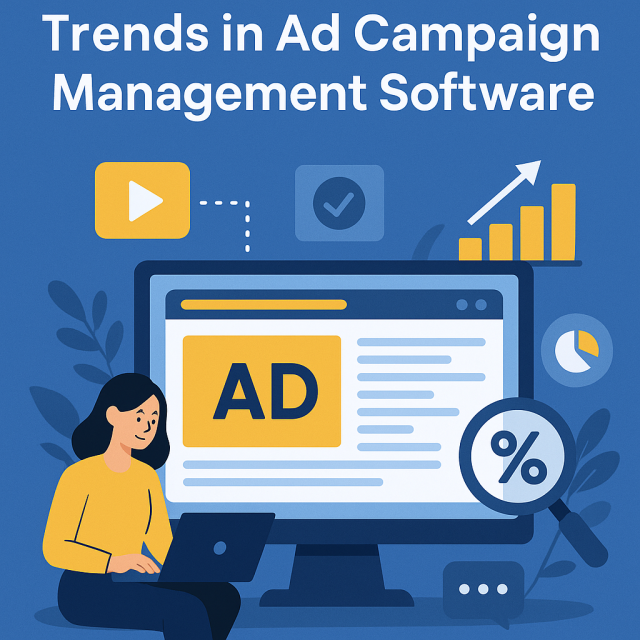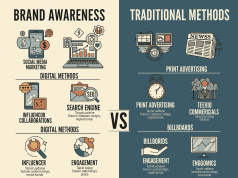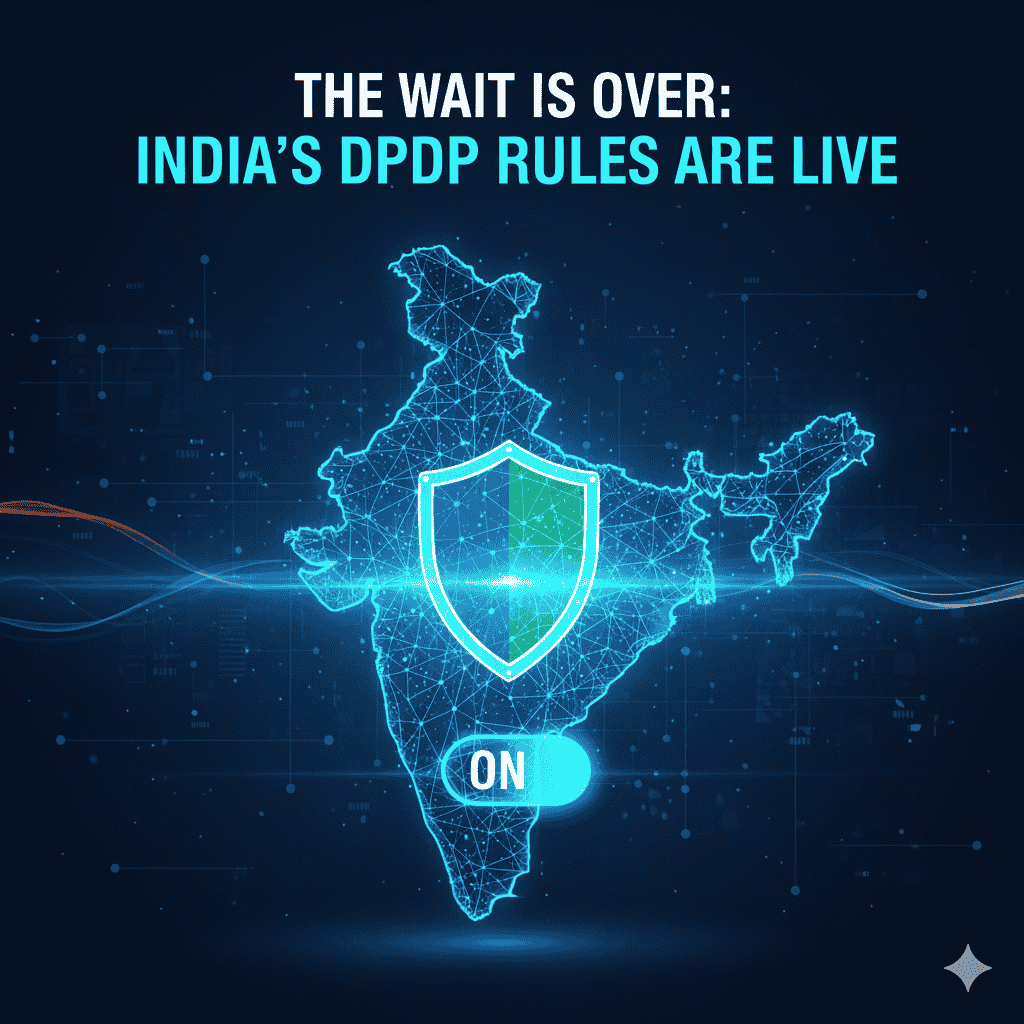In today’s rapidly evolving digital landscape, the way brands interact with consumers has transformed dramatically. The rise of ad campaign management software has not only streamlined the advertising process but also redefined how campaigns are conceptualized, executed, and measured. Here’s a look at the emerging trends shaping the future of advertising in the realm of ad campaign management software.
1. AI and Machine Learning Integration
Artificial intelligence (AI) and machine learning are becoming fundamental components of ad campaign management software. These technologies enable platforms to automate various aspects of campaign management, from audience targeting and creative optimization to real-time bidding and performance analytics. With predictive analytics, advertisers can anticipate consumer behavior, refine targeting strategies, and allocate budgets more effectively.
Personalization at Scale
AI algorithms analyze consumer data to create hyper-personalized ads. By understanding individual preferences and behaviors, brands can deliver tailored messages that resonate with their audience, significantly increasing engagement rates.
2. Data-Driven Decision Making
Data remains the backbone of effective advertising. Advanced analytics tools integrated into ad campaign management software allow marketers to leverage large datasets for deep insights. This trend emphasizes the importance of data collection, analysis, and visualization to make informed decisions.
Real-Time Analytics
Real-time tracking of ad performance provides marketers with immediate feedback. This agility enables quicker adjustments to campaigns, ensuring that brands stay relevant and competitive in a fast-paced marketplace.
3. Omnichannel Campaign Management
Consumers interact with brands through various channels, including social media, search engines, and websites. The future of advertising lies in managing campaigns across these diverse channels seamlessly. Modern ad campaign management software focuses on an omnichannel approach that ensures consistency and coherence in messaging.
Cross-Channel Attribution
Tracking effectiveness across multiple platforms is crucial for understanding the customer journey. Advanced attribution models help marketers determine which channels and touchpoints contribute most to conversions, allowing for more strategic budget allocation.
4. Emphasis on Privacy and Compliance
As data privacy regulations like GDPR and CCPA become increasingly stringent, ad campaign management software must prioritize user privacy. Brands are now required to navigate these complexities while still delivering effective advertisements.
Ethical Marketing
Transparency in data usage and a commitment to ethical marketing practices are becoming vital. Software solutions are integrating privacy features to ensure compliance, while still allowing marketers to target specific audiences effectively.
5. Enhanced Collaboration Tools
With the rise of remote work and distributed teams, ad campaign management software is evolving to support enhanced collaboration. Built-in tools for communication, project management, and real-time collaboration are essential for teams working together across different locations.
Integration with Creative Tools
Seamless integration with creative development tools enables marketers to collaborate on ad designs and content efficiently, streamlining the workflow from concept to execution.
6. Focus on Sustainability and Social Responsibility
Modern consumers are increasingly value-driven, seeking brands that align with their beliefs and principles. Advertisers are responding by incorporating sustainability and social responsibility into their campaigns.
Green Marketing Initiatives
Ad campaign management software is adapting to help brands highlight their sustainability efforts through focused campaigns, promoting environmentally friendly practices and products.
7. Interactive and Immersive Ads
As technology advances, consumers seek more engaging experiences. Interactive ads, such as augmented reality (AR) and virtual reality (VR) experiences, are set to become prevalent. Ad campaign management software will need to cater to these formats, providing tools to create and manage interactive campaigns.
Engagement Metrics
Tracking engagement becomes more complex with interactive ads. Future ad management solutions will have to incorporate robust metrics to gauge consumer interaction beyond traditional clicks and impressions.
Conclusion
The landscape of advertising is undergoing a significant transformation, driven by innovations in ad campaign management software. By leveraging AI, prioritizing data-driven decisions, embracing omnichannel strategies, adhering to privacy regulations, enhancing collaboration, focusing on sustainability, and investing in immersive ad experiences, brands can prepare for the future of advertising. Staying ahead of these trends will be essential for marketers aiming to create impactful campaigns that resonate with consumers in an ever-changing environment.









